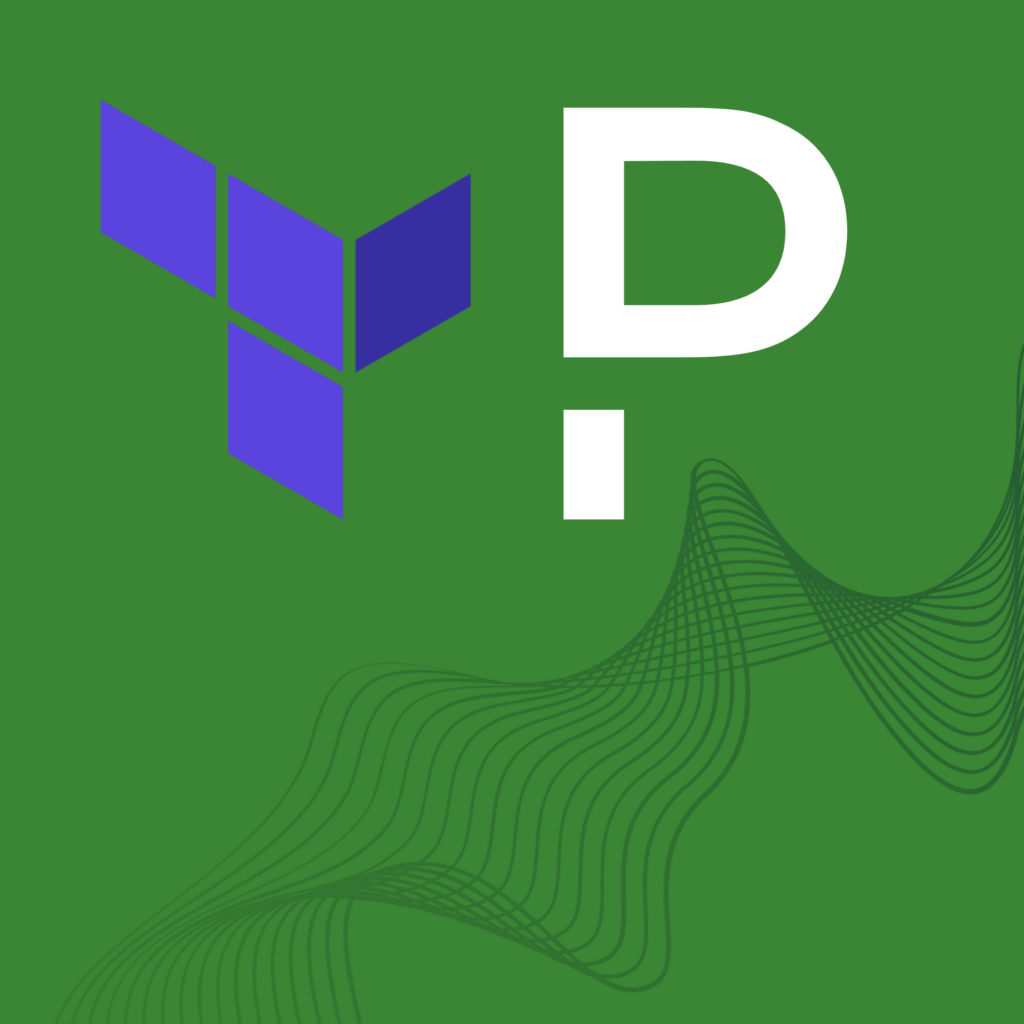The DevOps Democracy
The Next Great Experiment
Democracy: the great experiment. The voice of the people leading. The end of rigid and overbearing hierarchies. These principles have been with us for over two centuries in government, but many business models still look like the British Empire. As the pace of development continues to scale and customers come to expect real-time response to their concerns, businesses with complex IT departments are transitioning to a DevOps model that gives them the agility to stay up and responsive to the voice of the people. Here we explore how fostering a DevOps culture can build a more democratic workplace and customer experience.
Transparent Communication
Tools like shared source code and a centralized incident dashboard (ahem, nudge nudge) are great facilitators of the transparent communication required when bringing developers and operations teams together. But DevOps can’t be boiled down to a few new tools. It requires a cultural shift.
Managers have to first foster a high-trust environment in which Dev and Ops work closely to better understand what they need from one another as they move toward common, customer-facing goals. This can be achieved by valuing learning, eliminating barriers to knowledge transfer, and developing blameless post-mortems.
Etsy’s culture is a great example of how these values work. All new hires go through a five-week boot camp in which they work with other teams for a week each, learning their process and developing a well-rounded understanding of how the organization works as a whole. There are further opportunities for senior engineers to have longer exchanges with a different team, and all of this interconnection keeps knowledge flowing freely and inspires all employees to keep learning from one another.
Etsy and other DevOps companies have begun to address inevitable failures by way of blameless post-mortems. By focusing on what happened instead of deciding who is to blame for an incident, these companies encourage engineers to bring forward the details necessary to understand the mechanism of the failure. These details are essential to preventing the issue in future, and they can’t come out if engineers are afraid that blame will be laid on them if they speak up about what they did.
When team members are comfortable in a culture that values the insights gained from inevitable failures, when they trust and understand the work their colleagues are doing to meet common goals, positive feedback loops begin to develop. Employees own their narratives about the work they do and the mistakes they make, and they are enthusiastic about sharing these stories and finding ways to improve. As this feedback cycles through the company, it builds a positive, growth-oriented culture. This feedback, running across teams and up and down hierarchies, is the first step toward a more democratic workflow.
Constant Improvement
These positive feedback loops within the organization make possible faster deployment and incident response. They also allow companies to draw on and respond to customer feedback more deeply and frequently. Like democracy, the work of DevOps is never finished. DevOps teams are continuously delivering, continuously sending and receiving feedback, continuously collaborating and innovating.
This requires every team member to be engaged with a data-driven work culture. As we’ve noted before, the first step in building this culture is to democratize the data, which means giving every employee the tools and skills to analyze how their work impacts business. When every team member is thinking like a data analyst, the next step is to empower them to make proactive changes to improve the product. When you have empowered teams constantly taking action based on rich data sources and positive feedback loops, everyone has a voice in the direction the company is going. That’s democracy in action.
Ownership
When Dev teams and Ops teams are no longer siloed, when every team member is engaged with incoming data and has a voice in the product’s future, investment and buy-in skyrocket. Engineers can come to see themselves as part owners not just of the work of their team but of the company itself. With ownership comes greater collaboration to make agile improvements that can spread throughout the company to affect global change. In his article for opensource.com, Gene Kim argues that, in a DevOps model, “we no longer expect leaders to plan our way to greatness. Instead, leaders help foster and develop routines, test them in practice, recognize which don’t work, and reinforce those that do . . . so that whatever got in our way yesterday and today won’t get in our way tomorrow.”
PagerDuty, the world’s leading incident management software, gives your team a centralized dashboard to see all the incidents being addressed across the company and the analytics to understand the rich feedback loops that make transparent communication, constant improvement, and ownership the foundation of a democratic DevOps approach.


